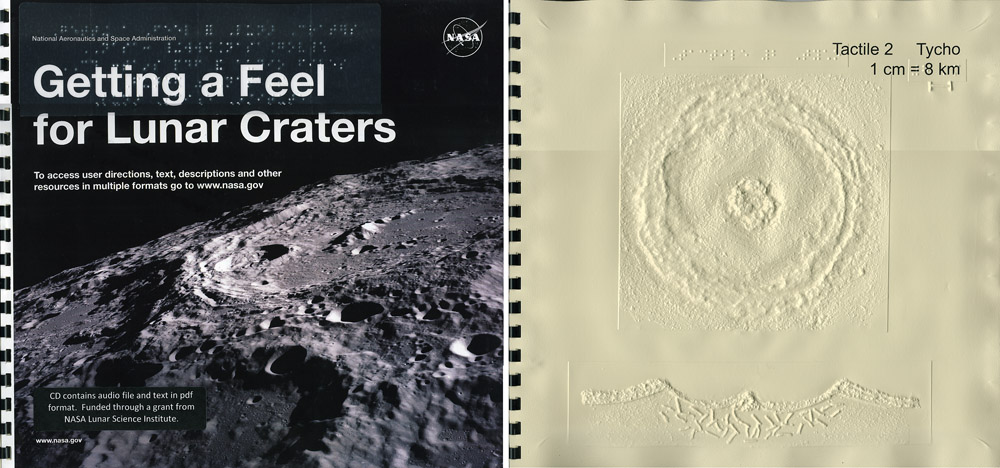Difference between revisions of "August 20, 2011"
| Line 3: | Line 3: | ||
<!-- ws:start:WikiTextHeadingRule:0:<h1> --> | <!-- ws:start:WikiTextHeadingRule:0:<h1> --> | ||
<!-- ws:start:WikiTextLocalImageRule:6:<img src="/file/view/LPOD-Aug20-11.jpg/247086553/LPOD-Aug20-11.jpg" alt="" title="" /> -->[[File:LPOD-Aug20-11.jpg|LPOD-Aug20-11.jpg]]<!-- ws:end:WikiTextLocalImageRule:6 --><br /> | <!-- ws:start:WikiTextLocalImageRule:6:<img src="/file/view/LPOD-Aug20-11.jpg/247086553/LPOD-Aug20-11.jpg" alt="" title="" /> -->[[File:LPOD-Aug20-11.jpg|LPOD-Aug20-11.jpg]]<!-- ws:end:WikiTextLocalImageRule:6 --><br /> | ||
| − | <em>images by [mailto:tychocrater@yahoo.com | + | <em>images by [mailto:tychocrater@yahoo.com Chuck Wood]</em><br /> |
<br /> | <br /> | ||
| − | Last night I came out of a theater at about 10:30 pm and my breath was taken away by a misshapened orange orb low in the eastern sky. Of course, it was the Moon, less than circular in outline because of its 18 d phase, and orange due to atmospheric scattering of blues and greens. A wondrous sight, but one that a blind person may never have experienced. In fact, virtually all of the previous 3000 plus LPODs would have limited utility to someone visually impaired. Although words may have mentioned simple and complex craters, the inner rings of impact basins, and the huge size of the South Pole-Aitken Basin, blind learners would have little personal understanding of these features. Most of us understand by sight, and now there is a way for a blind people to have a visceral relation with the Moon by touching plastic 3-D tactiles. David Hurd of Edinburo University of Pennsylvania wrote the text (audio and text versions are in an accompanying CD and [http://lunarscience.arc.nasa.gov/articles/nlsi-partners-nasa-core-braille-book-distribution | + | Last night I came out of a theater at about 10:30 pm and my breath was taken away by a misshapened orange orb low in the eastern sky. Of course, it was the Moon, less than circular in outline because of its 18 d phase, and orange due to atmospheric scattering of blues and greens. A wondrous sight, but one that a blind person may never have experienced. In fact, virtually all of the previous 3000 plus LPODs would have limited utility to someone visually impaired. Although words may have mentioned simple and complex craters, the inner rings of impact basins, and the huge size of the South Pole-Aitken Basin, blind learners would have little personal understanding of these features. Most of us understand by sight, and now there is a way for a blind people to have a visceral relation with the Moon by touching plastic 3-D tactiles. David Hurd of Edinburo University of Pennsylvania wrote the text (audio and text versions are in an accompanying CD and [http://lunarscience.arc.nasa.gov/articles/nlsi-partners-nasa-core-braille-book-distribution downloadable] from the NASA Lunar Science Institute) and John Matelock made the tactile illustrations for this new NASA learning aid that puts the Moon in the hands of the 1.3 million [http://en.wikipedia.org/wiki/Blindness blind Americans]. The text is scientifically accurate and the braille illustrations bring out topographic variations of rims, floors and peaks. If you know a blind child or adult, or have a school for the blind nearby, consider donating this book to them and maybe even visiting to talk about the Moon you see. <br /> |
<br /> | <br /> | ||
| − | <em>[mailto:tychocrater@yahoo.com | + | <em>[mailto:tychocrater@yahoo.com Chuck Wood]</em><br /> |
<br /> | <br /> | ||
<strong>Technical Details</strong><br /> | <strong>Technical Details</strong><br /> | ||
| − | The initial printing of 250 has sold out - [http://lunarscience.arc.nasa.gov/articles/nlsi-partners-nasa-core-braille-book-distribution | + | The initial printing of 250 has sold out - [http://lunarscience.arc.nasa.gov/articles/nlsi-partners-nasa-core-braille-book-distribution here] is info on upcoming availability.<br /> |
<br /> | <br /> | ||
<hr /> | <hr /> | ||
Revision as of 17:38, 11 January 2015
Touch the Moon

images by Chuck Wood
Last night I came out of a theater at about 10:30 pm and my breath was taken away by a misshapened orange orb low in the eastern sky. Of course, it was the Moon, less than circular in outline because of its 18 d phase, and orange due to atmospheric scattering of blues and greens. A wondrous sight, but one that a blind person may never have experienced. In fact, virtually all of the previous 3000 plus LPODs would have limited utility to someone visually impaired. Although words may have mentioned simple and complex craters, the inner rings of impact basins, and the huge size of the South Pole-Aitken Basin, blind learners would have little personal understanding of these features. Most of us understand by sight, and now there is a way for a blind people to have a visceral relation with the Moon by touching plastic 3-D tactiles. David Hurd of Edinburo University of Pennsylvania wrote the text (audio and text versions are in an accompanying CD and downloadable from the NASA Lunar Science Institute) and John Matelock made the tactile illustrations for this new NASA learning aid that puts the Moon in the hands of the 1.3 million blind Americans. The text is scientifically accurate and the braille illustrations bring out topographic variations of rims, floors and peaks. If you know a blind child or adult, or have a school for the blind nearby, consider donating this book to them and maybe even visiting to talk about the Moon you see.
Chuck Wood
Technical Details
The initial printing of 250 has sold out - here is info on upcoming availability.



